Black Spot Of Papaya Trees: How To Recognize Papaya Black Spot Symptoms
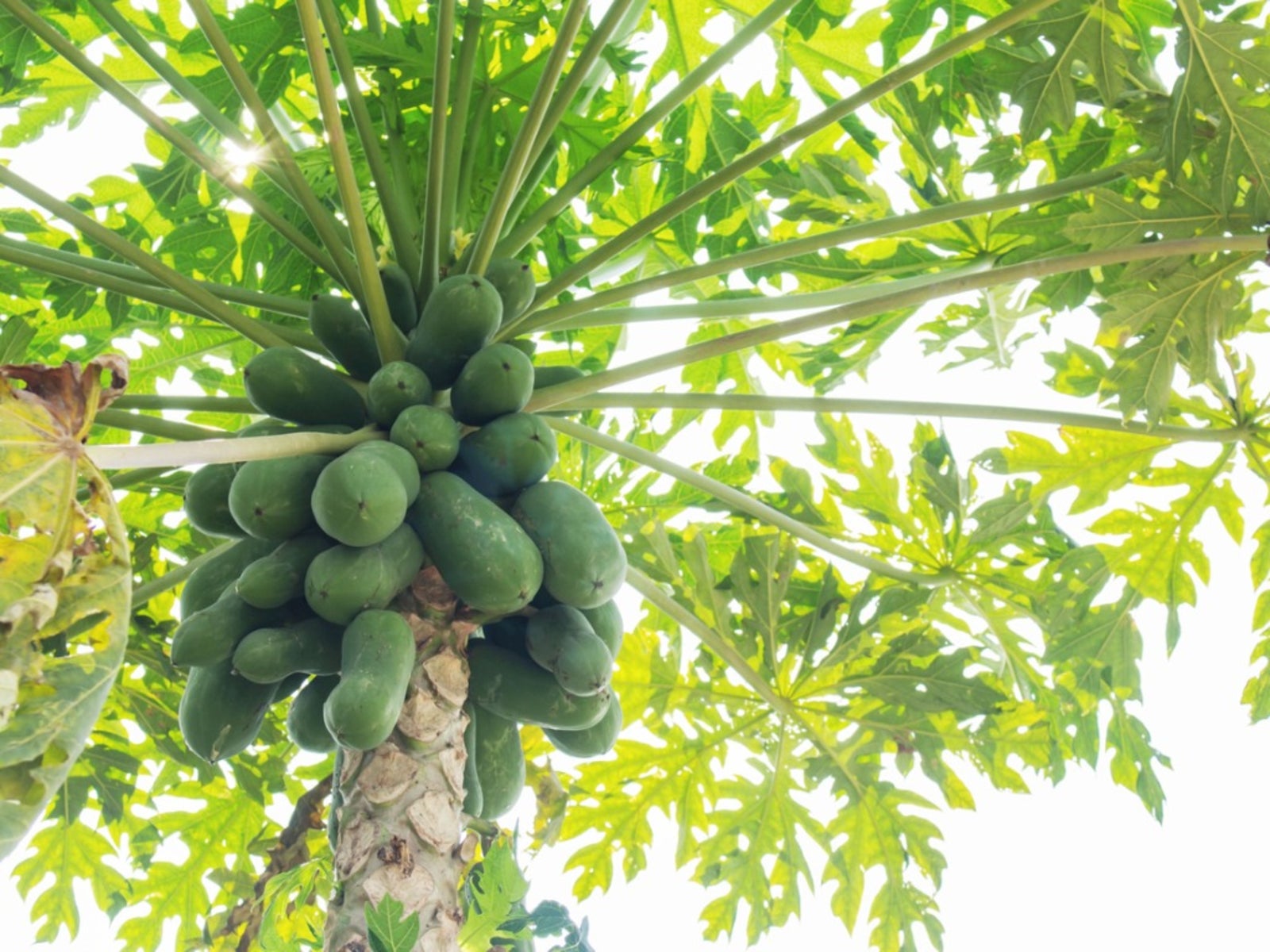
Black spot of a papaya is a fungal disease that is now found worldwide where papaya trees can be grown. Usually papaya with black spots is a fairly minor problem but if the tree becomes heavily infected, the growth of the tree can be affected, hence fruit yields so treating papaya black spot before the disease progresses too far is of paramount importance.
Papaya Black Spot Symptoms
Black spot of papaya is caused by the fungus Asperisporium caricae, previously referred to as Cercospora caricae. This disease is most severe during rainy periods. Both the foliage and fruit of papaya may be infected with black spots. Initial symptoms appear as small water-soaked lesions on the upper side of leaves. As the disease progresses, small black spots (spores) can be seen on the underside of leaves. If leaves are severely infected, they turn brown and die. When leaves die off extensively, overall tree growth is affected which lowers the fruit yield. Brown, slightly sunken, spots may also appear on fruit. With fruit, the issue is primarily cosmetic and it can still be eaten, although in the case of commercial growers, is unfit for sale. The spores, black spots on the papaya leaves, are spread in wind and wind-driven rains from tree to tree. Also, when infected fruit is sold at markets, it spreads exponentially.
Treating Papaya Black Spot
There are papaya varieties that are resistant to black spot, so control will be either cultural or chemical or both. To manage black spot of papaya, remove any infected leaves and fruit at the first sign of infection. Burn infected foliage or fruit, if possible, to help prevent the spread of the disease. Protectant fungicides that contain copper, mancozeb, or chlorothalonil can also be used to manage papaya black spot. When using fungicides, be sure to spray the undersides of the leaves where the spores are produced.
Gardening tips, videos, info and more delivered right to your inbox!
Sign up for the Gardening Know How newsletter today and receive a free copy of our e-book "How to Grow Delicious Tomatoes".

Amy Grant has been gardening for 30 years and writing for 15. A professional chef and caterer, Amy's area of expertise is culinary gardening.
-
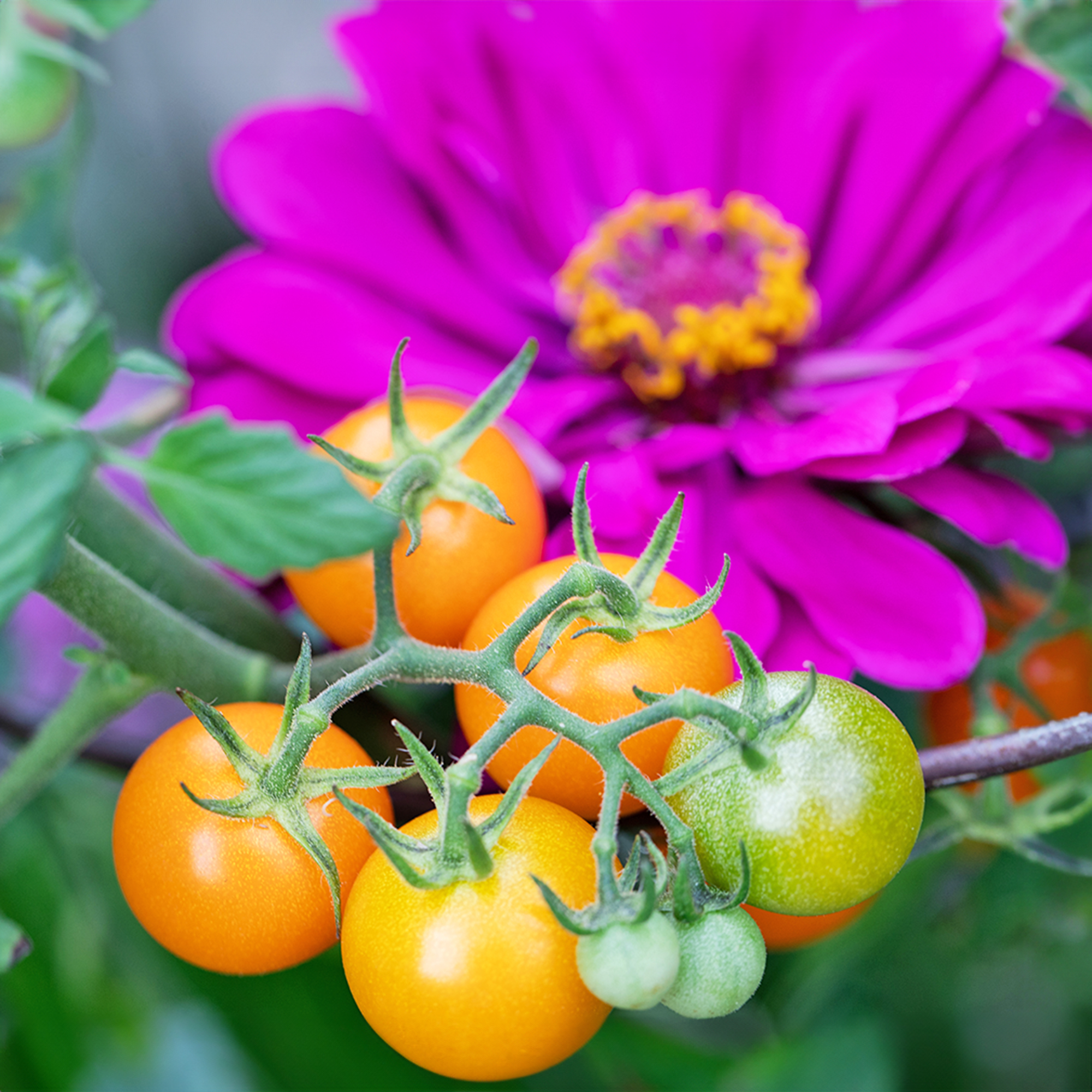 8 Perfect Flowers To Plant With Tomatoes To Boost Yields & Banish Pests
8 Perfect Flowers To Plant With Tomatoes To Boost Yields & Banish PestsDon’t forget flowers when choosing companion plants for your tomato beds or pots. These pretty, fragrant blooms add beauty but are also highly beneficial.
By Mary Ellen Ellis
-
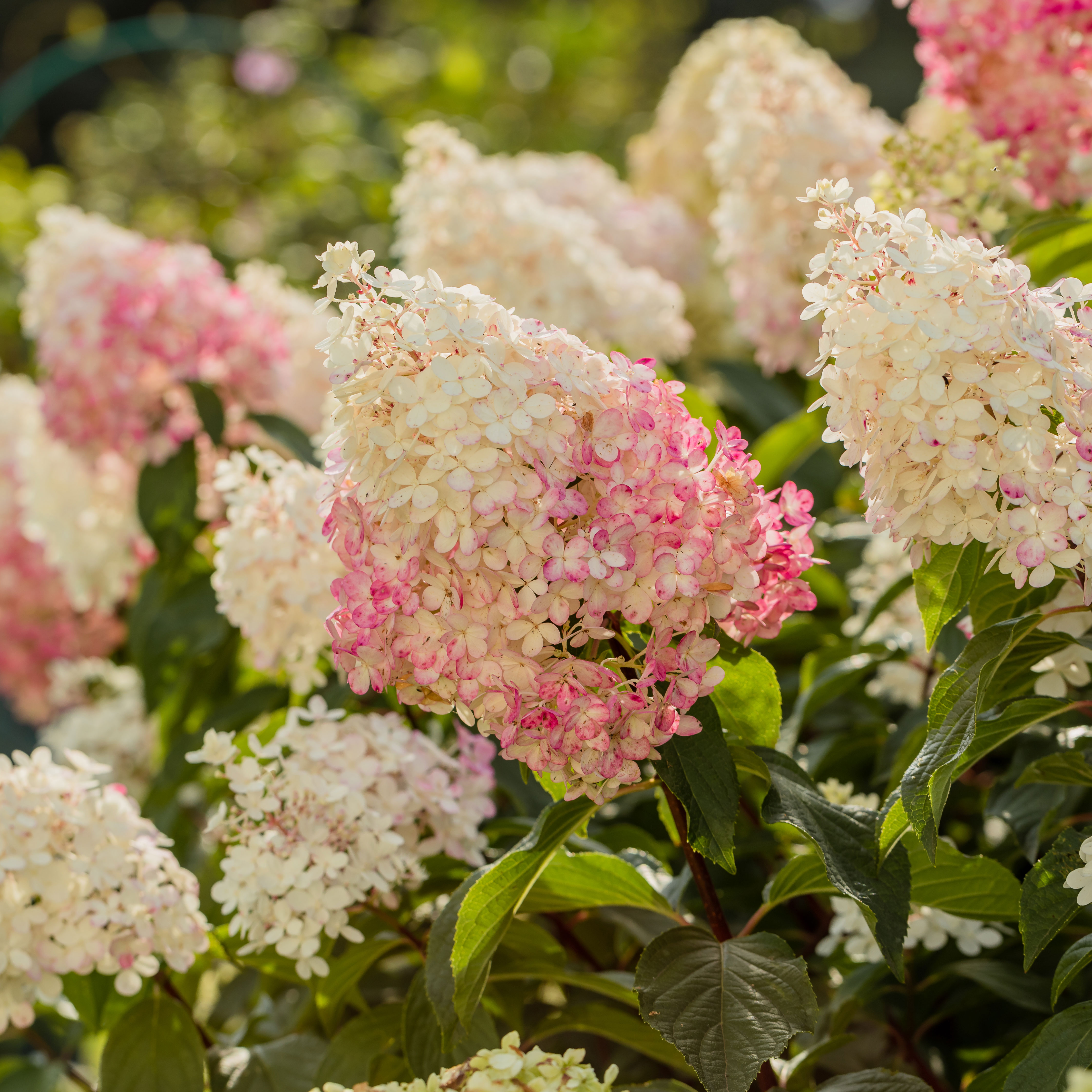 Want The Longest Lasting Hydrangea Flowers? Grow These 8 Panicle Hydrangea Varieties
Want The Longest Lasting Hydrangea Flowers? Grow These 8 Panicle Hydrangea VarietiesFor ornamental shrubs that deliver the longest flowering seasons with plush blooms and delicate hues, these panicle hydrangea varieties are essential in your yard
By Tonya Barnett
-
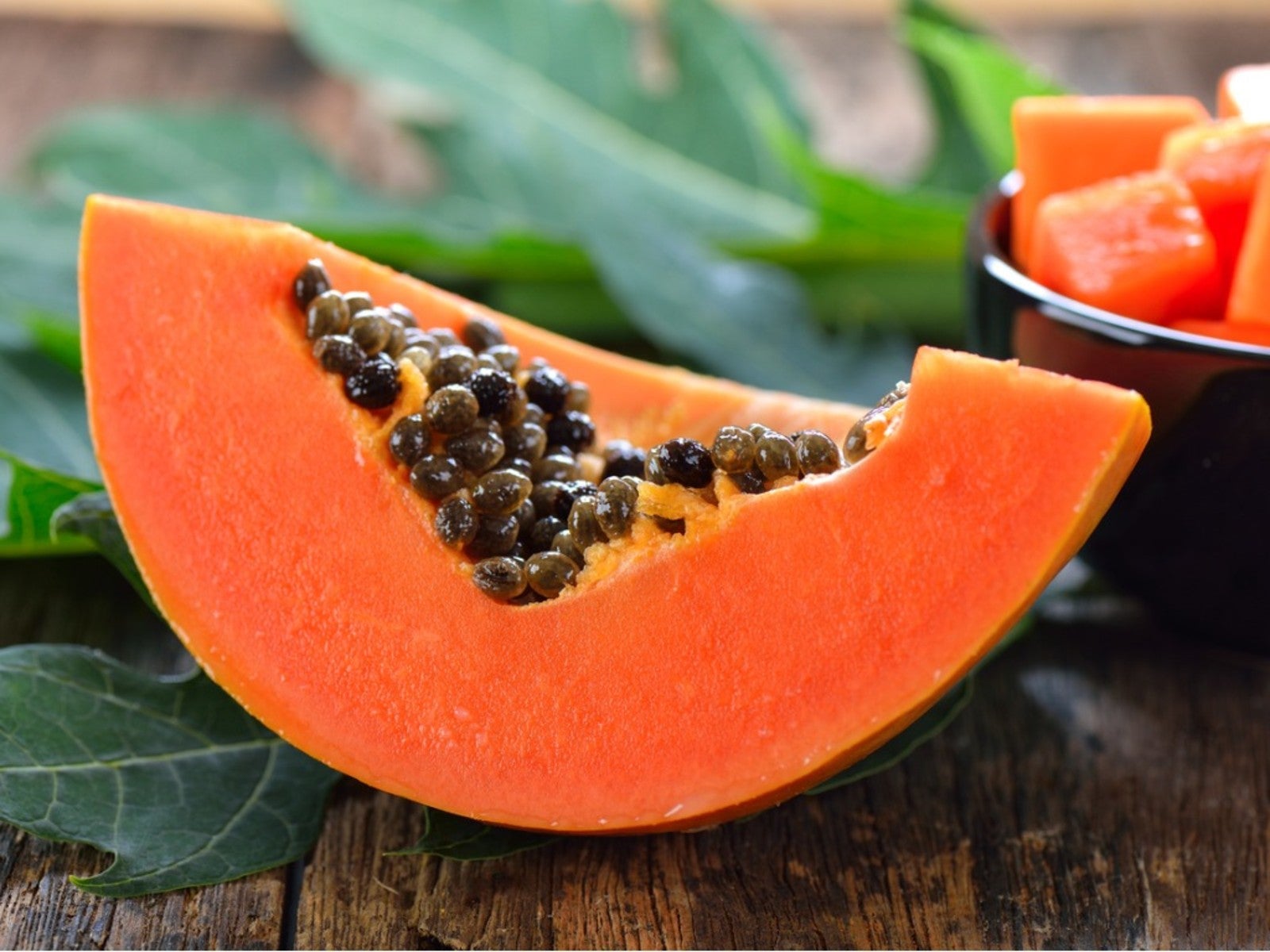 Papaya Fruit Uses – Learn What To Do With Papaya Post Harvest
Papaya Fruit Uses – Learn What To Do With Papaya Post HarvestSo here you are with a bumper crop of papaya fruit. Don’t worry -- we’ve compiled a list of what to use papaya for.
By Amy Grant
-
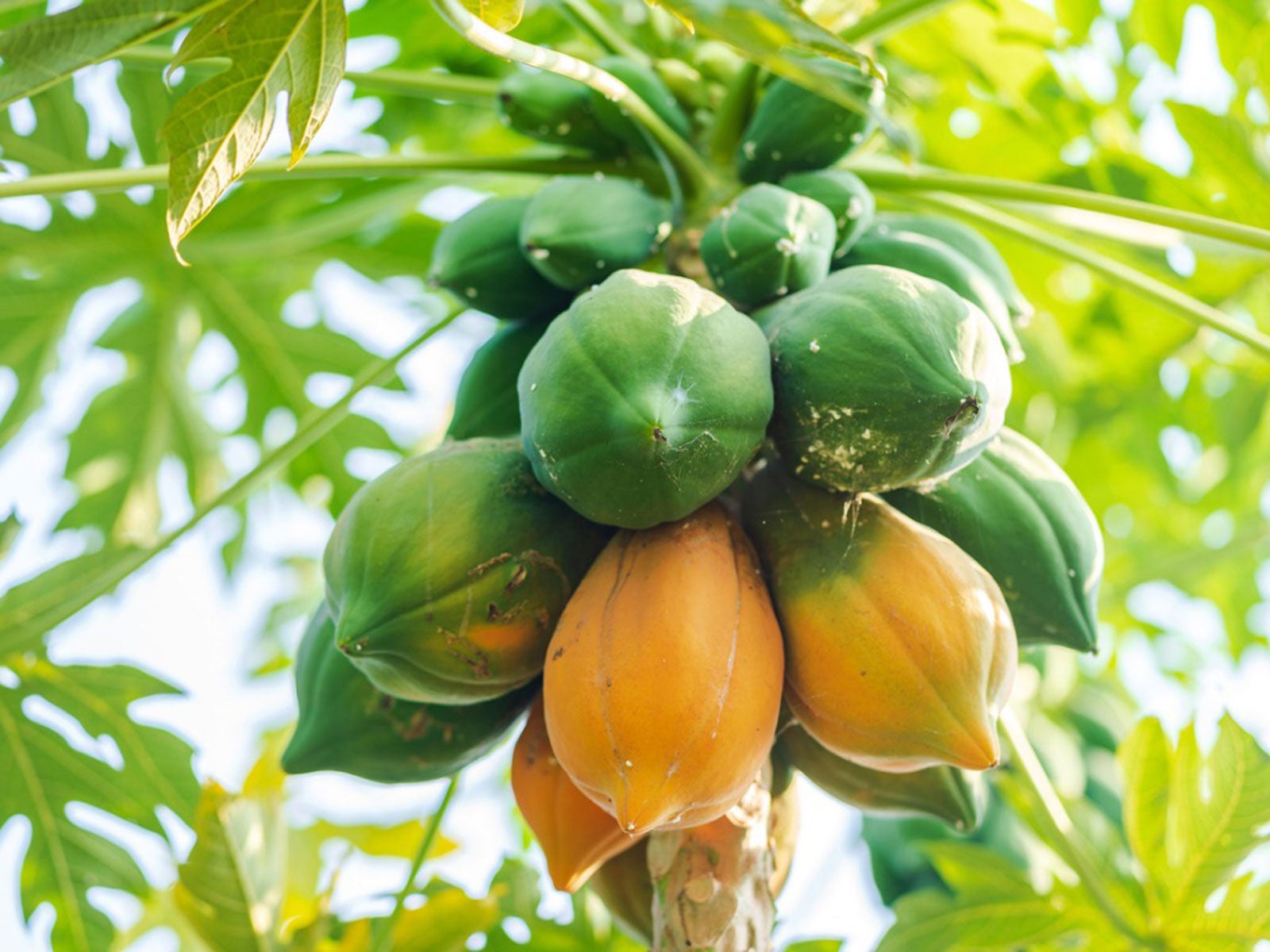 Papaya Harvest Time: Tips For Picking Papaya Fruits
Papaya Harvest Time: Tips For Picking Papaya FruitsGrowing papaya? Click here for tips on when it’s time to start harvesting papaya fruit and information on various papaya harvesting methods.
By Teo Spengler
-
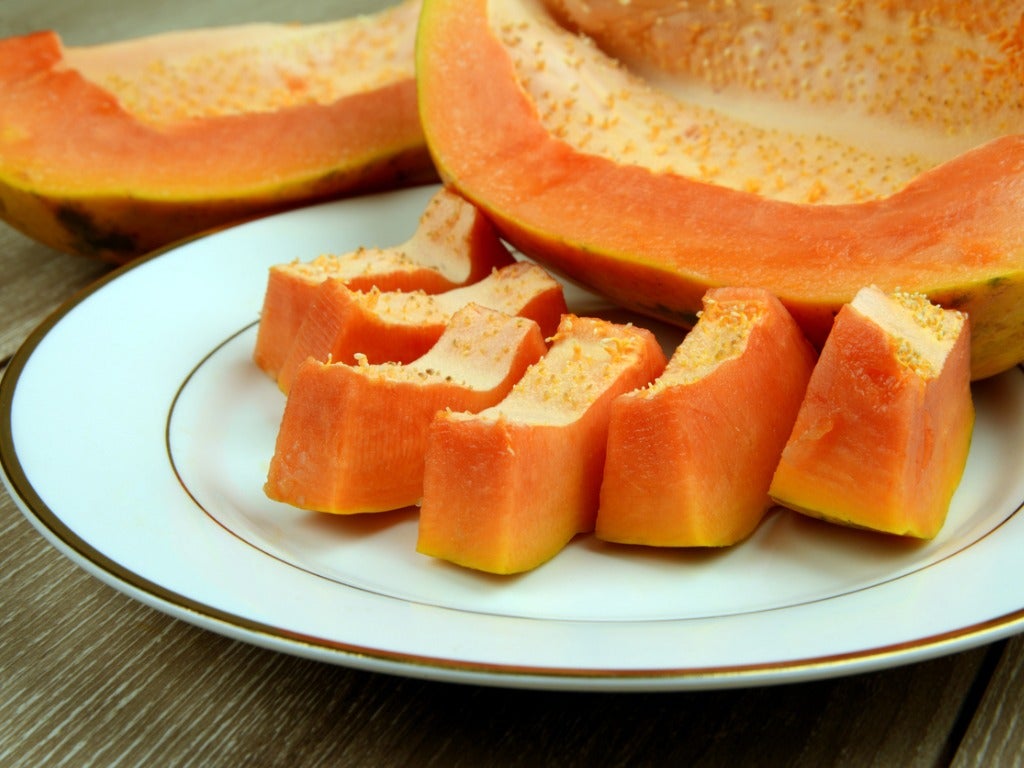 No Seeds Inside Papaya – What Does A Papaya Without Seeds Mean
No Seeds Inside Papaya – What Does A Papaya Without Seeds MeanPapayas are notoriously laden with seeds, so what if you get a papaya without seeds? To learn what causes seedless papayas, click here.
By Teo Spengler
-
What Causes Papaya Stem Rot – Learn About Pythium Rot Of Papaya Trees
Papaya stem rot is a serious problem that often affects young trees but can take down mature trees as well. But what is papaya pythium rot, and how can it be stopped? Click this article to learn more about papaya pythium fungus problems.
By Liz Baessler
-
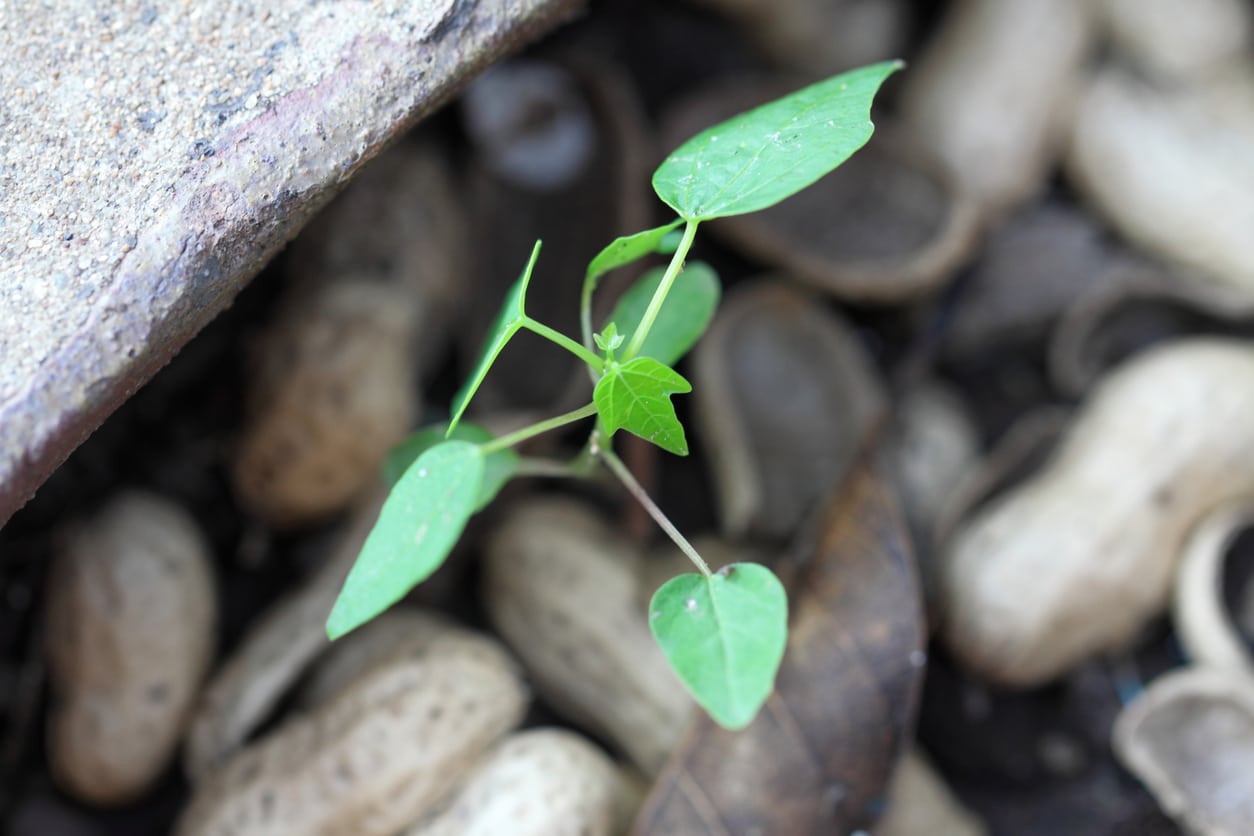 My Papaya Seedlings Are Failing: What Causes Papaya Damping Off
My Papaya Seedlings Are Failing: What Causes Papaya Damping OffWhen growing papaya from seed, you may come across a serious problem: papaya seedlings failing. They look water-soaked, then shrivel, dry, and die. This is damping off, and it is a fungal disease that can be prevented with good cultural practices. Learn more here.
By Mary Ellen Ellis
-
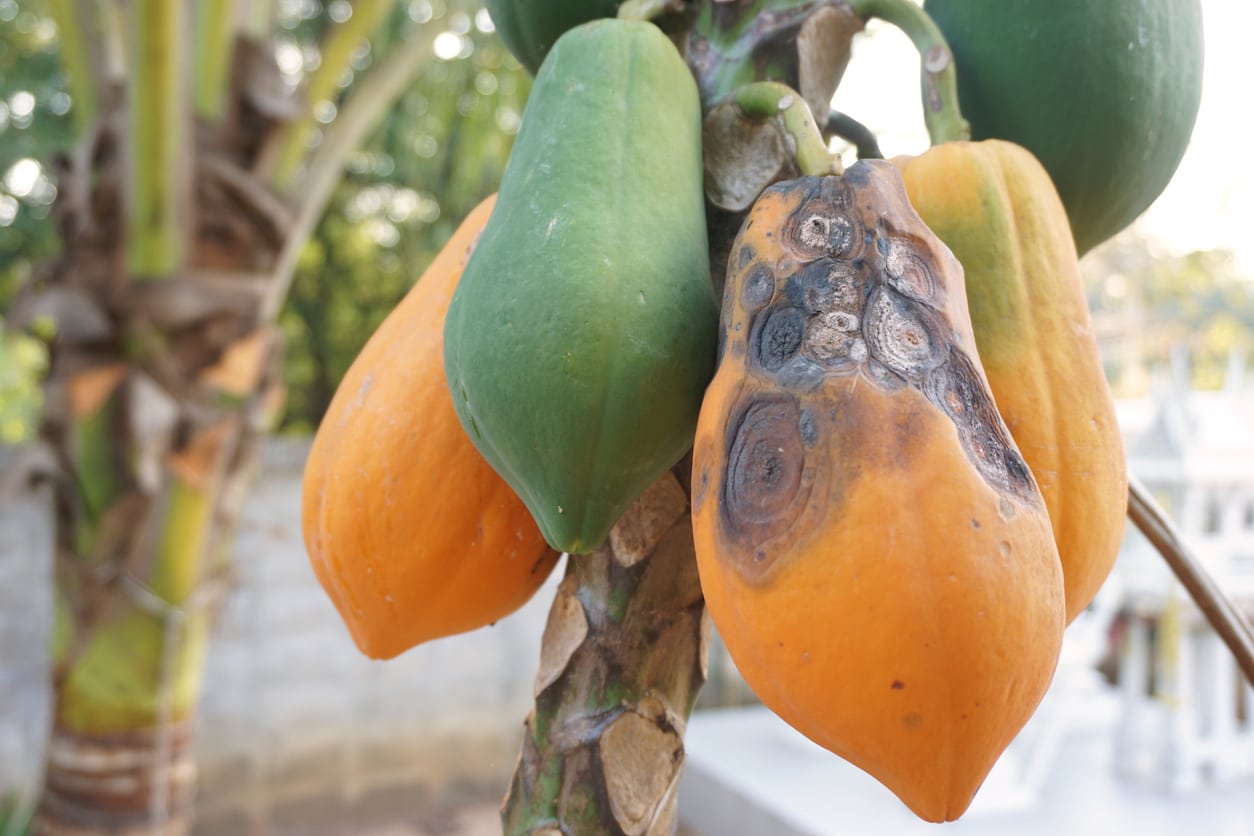 Anthracnose Of Papaya Trees: Learn About Papaya Anthracnose Control
Anthracnose Of Papaya Trees: Learn About Papaya Anthracnose ControlWhen you see sunken spots on papaya fruit, you may be dealing with anthracnose of papaya trees. But with some cultural practices, papaya anthracnose control in the home orchard isn’t difficult. Click this article for tips on treating papaya anthracnose.
By Teo Spengler
-
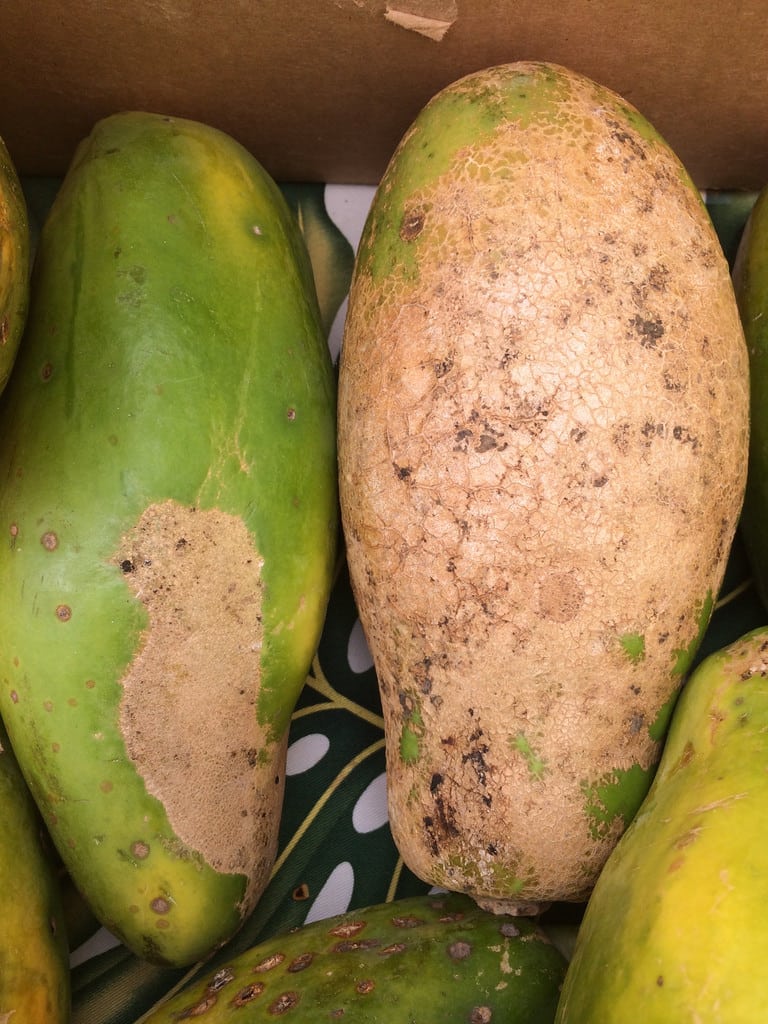 Papaya Herbicide Problems: Treating Symptoms Of Papaya Herbicide Injury
Papaya Herbicide Problems: Treating Symptoms Of Papaya Herbicide InjuryUnfortunately, papayas are shallow-rooted and papaya damage from herbicides is always a risk. Understanding papaya herbicide problems may help you prevent and mitigate herbicide injury of papaya. Click on this article to learn more.
By Mary H. Dyer
-
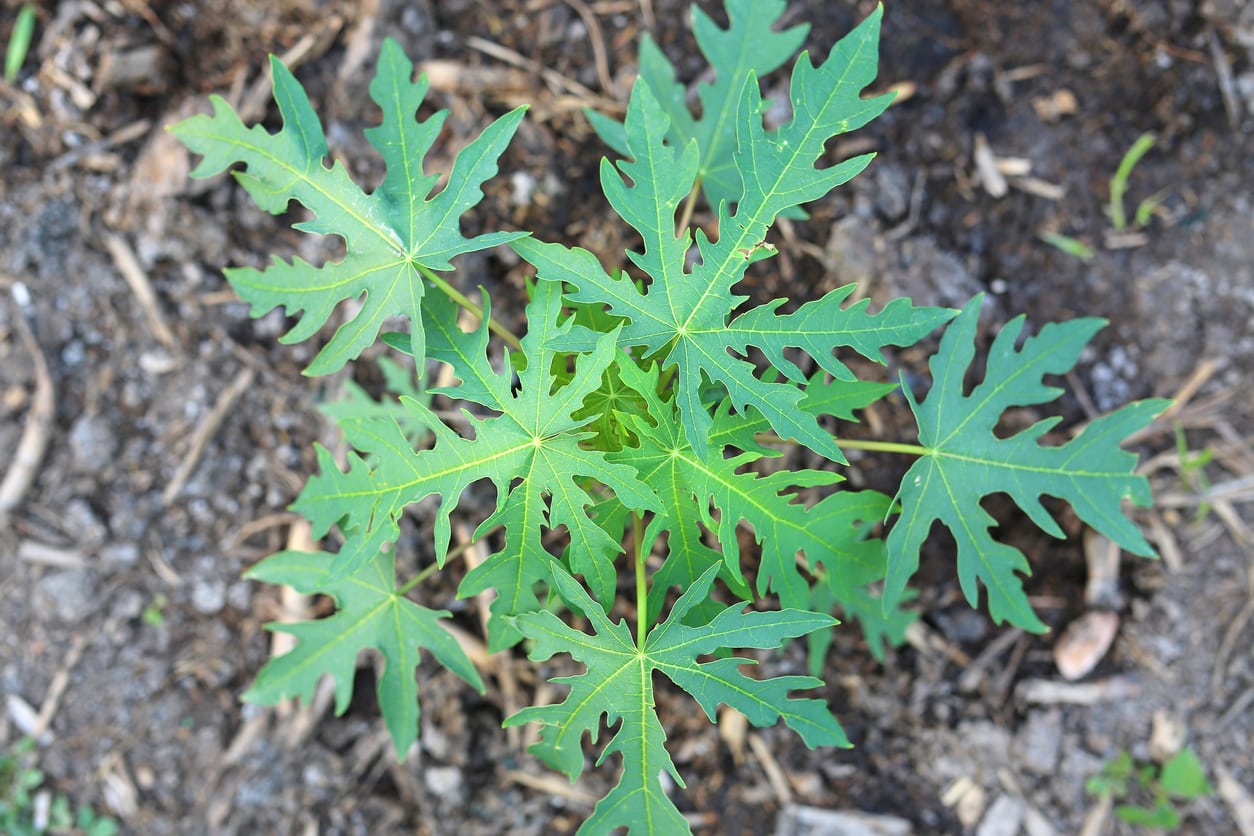 Papaya Seedlings Damping Off – Learn About Papaya Damping Off Treatment
Papaya Seedlings Damping Off – Learn About Papaya Damping Off TreatmentPapaya seedlings damping off can mean the end of the crop as the fungus eventually rots out the stem. What causes papaya damping off and how can you prevent it? Click on the following article for more information.
By Bonnie L. Grant